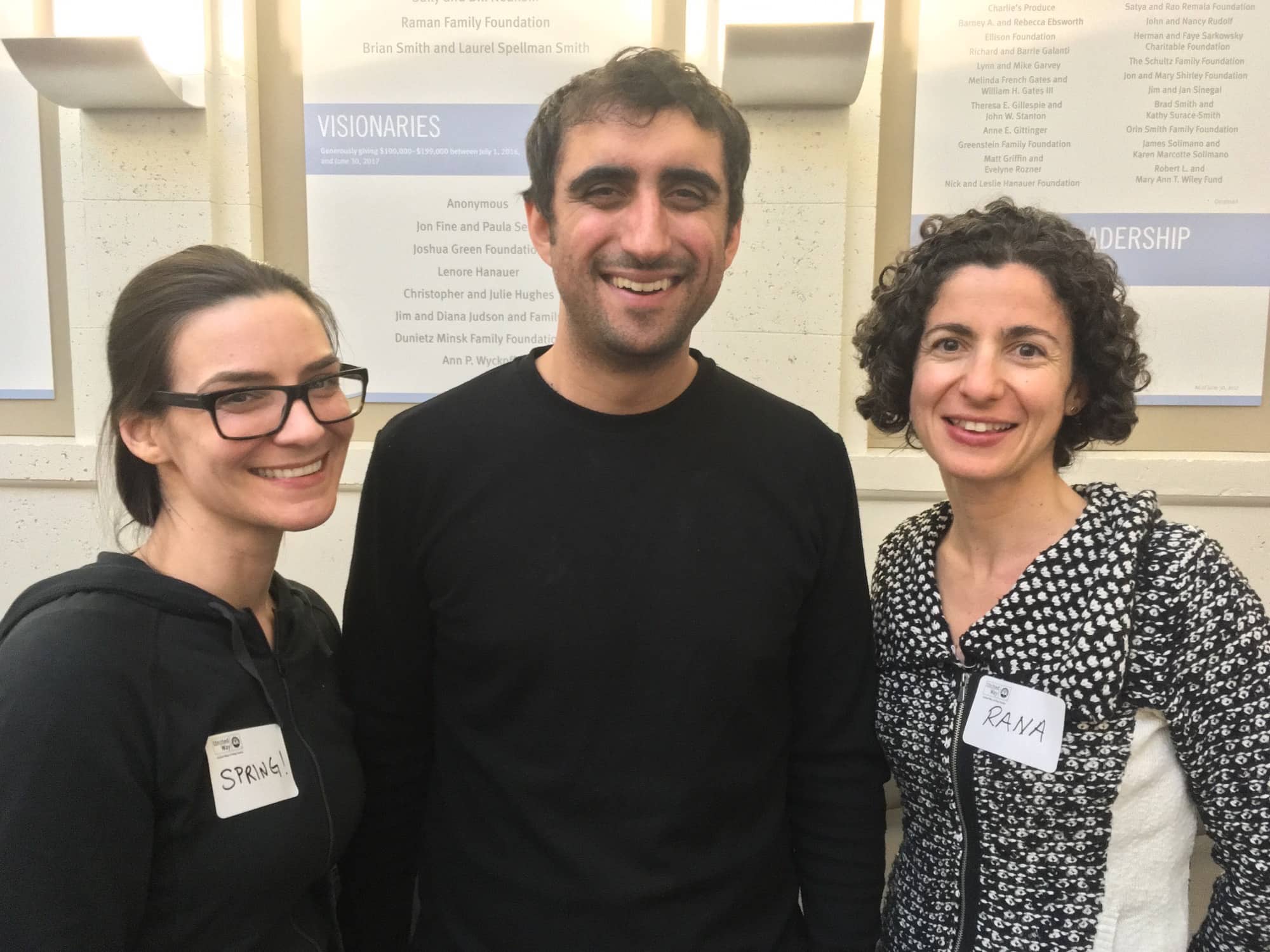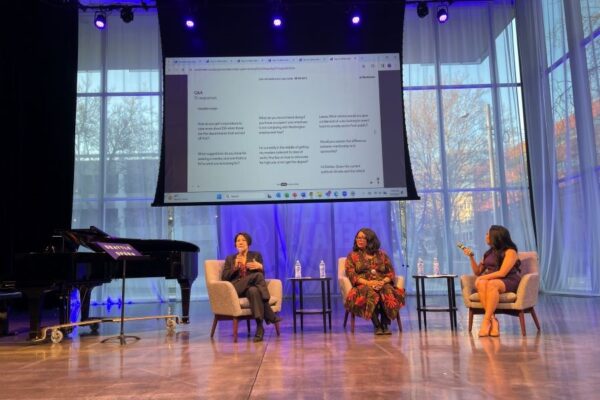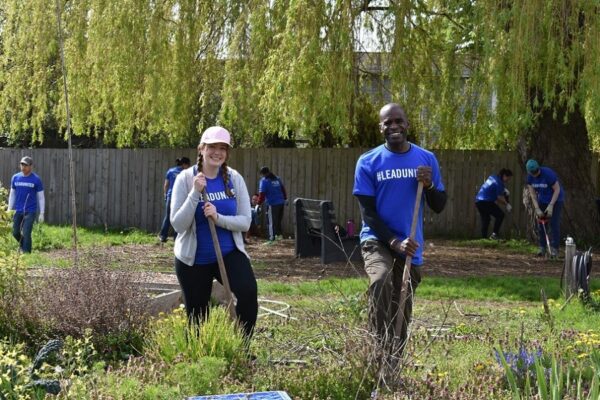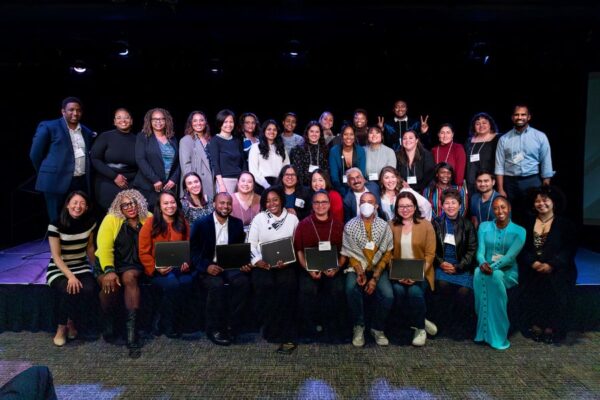Fighting the Status Quo with Brady Walkinshaw
Break the status quo. Work for a future that doesn’t, as he puts it, suck. That’s what United Way Board Member and Grist CEO Brady Walkinshaw wants for Emerging Leaders. It’s what he wants for all of Seattle. But how do we do that? Over the course of a friendly, wide-ranging talk with Emerging Leaders recently, a few key themes emerged.
Conflict
Seattleites often don’t want to ruffle feathers. “We’re risk- and conflict-averse here,” Brady said. “We’re passive aggressive and we’re tepid to bring up problems.” But how can you solve problems like homelessness, financial and racial inequality or climate change when you don’t even bring them up? You can’t. He encouraged Emerging Leaders to get comfortable with conflict, because nothing is going to change without it.
“We have to take away the housing policies that make it so poor people and people of color have to move,” he said—and be prepared for the arguments against it.
Conviction
“Try things that test you,” he suggested. You’ll come out on the other side with stronger convictions. He admitted that during his 2016 run for Congress, he was cagey at times, hoping to make his tent big enough for everyone.
When asked about Grist preaching to the choir, he pointed out that “the choir is important because they can define a problem’s solution set.” While you don’t want your fans, network, etc., to be an echo chamber, they are valuable because they can amply solutions. But you only really have a choir when you have convictions, right?
Reflection
Speaking of his Congressional campaign, after it ended, he made time for reflection. He took time to unplug, even moving to Mexico for a few months. “I’d never really stopped and paused,” he said. “I was always go, go, go.”
Stepping back and deliberate reflection can lead to thick skin and resilience, he said, which is much-needed in a world where social problems can seem insurmountable.
Boldness
“We need to stop pursuing the wrong solutions,” Brady said. Often, proposed fixes aren’t big enough for the problems. We need to challenge each other to think big. And conviction, conflict and reflection can inspire you to be bold.
At the end of the night, someone asked “How do you make change when you don’t work for a nonprofit?”
“Donate to United Way,” he said. “And host a house party for an issue you care about.” Want more people in your community to take action on homelessness? Financial inequity in Seattle? Get them together to talk. We can’t solve these problems alone, and we can’t solve them when we don’t connect.
Another option: Join Emerging Leaders. You don’t have to work for a nonprofit to have a good relationship with one. As an Emerging Leader, you’ll help United create a community where people have homes, students graduate and families are financially stable.





Comments